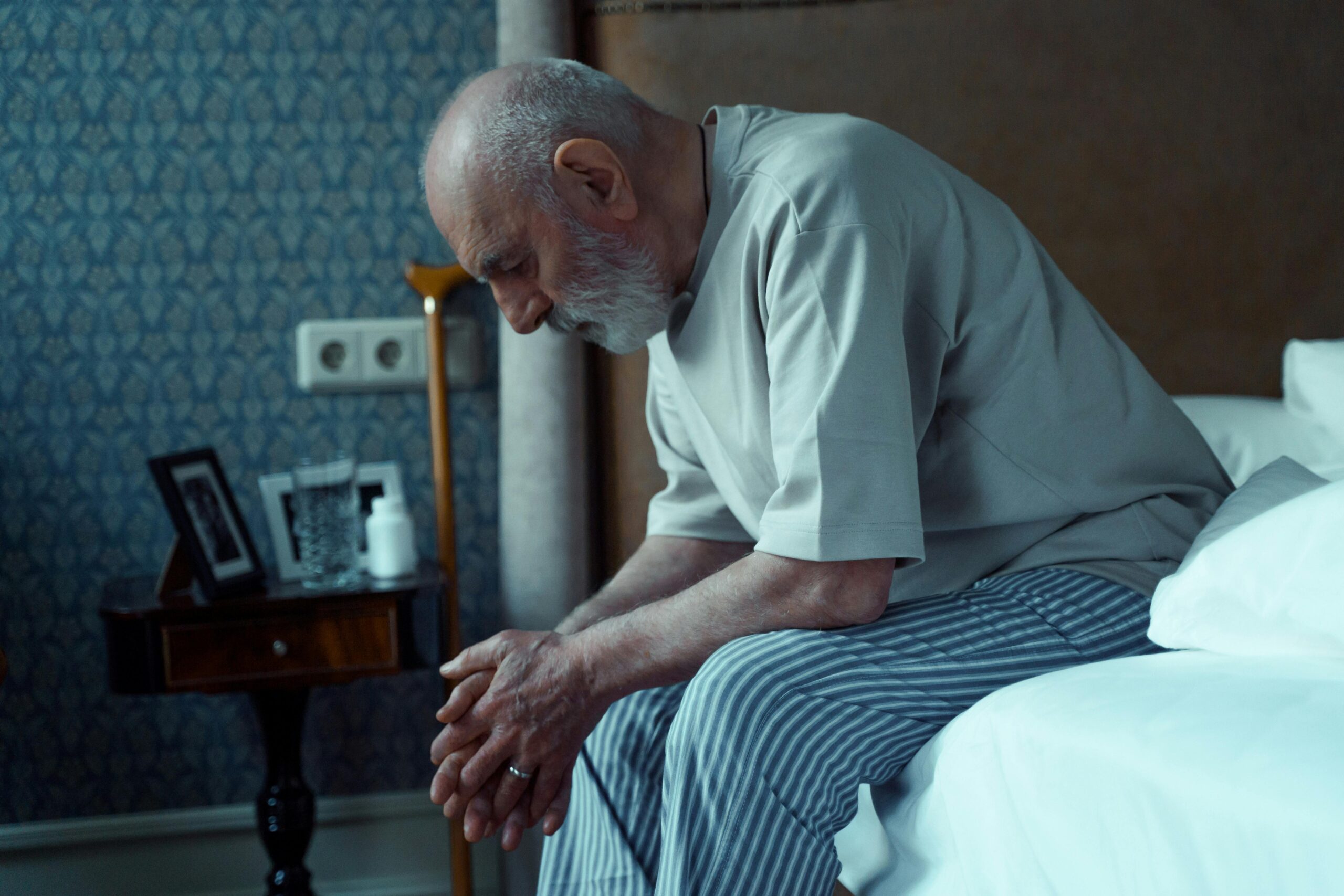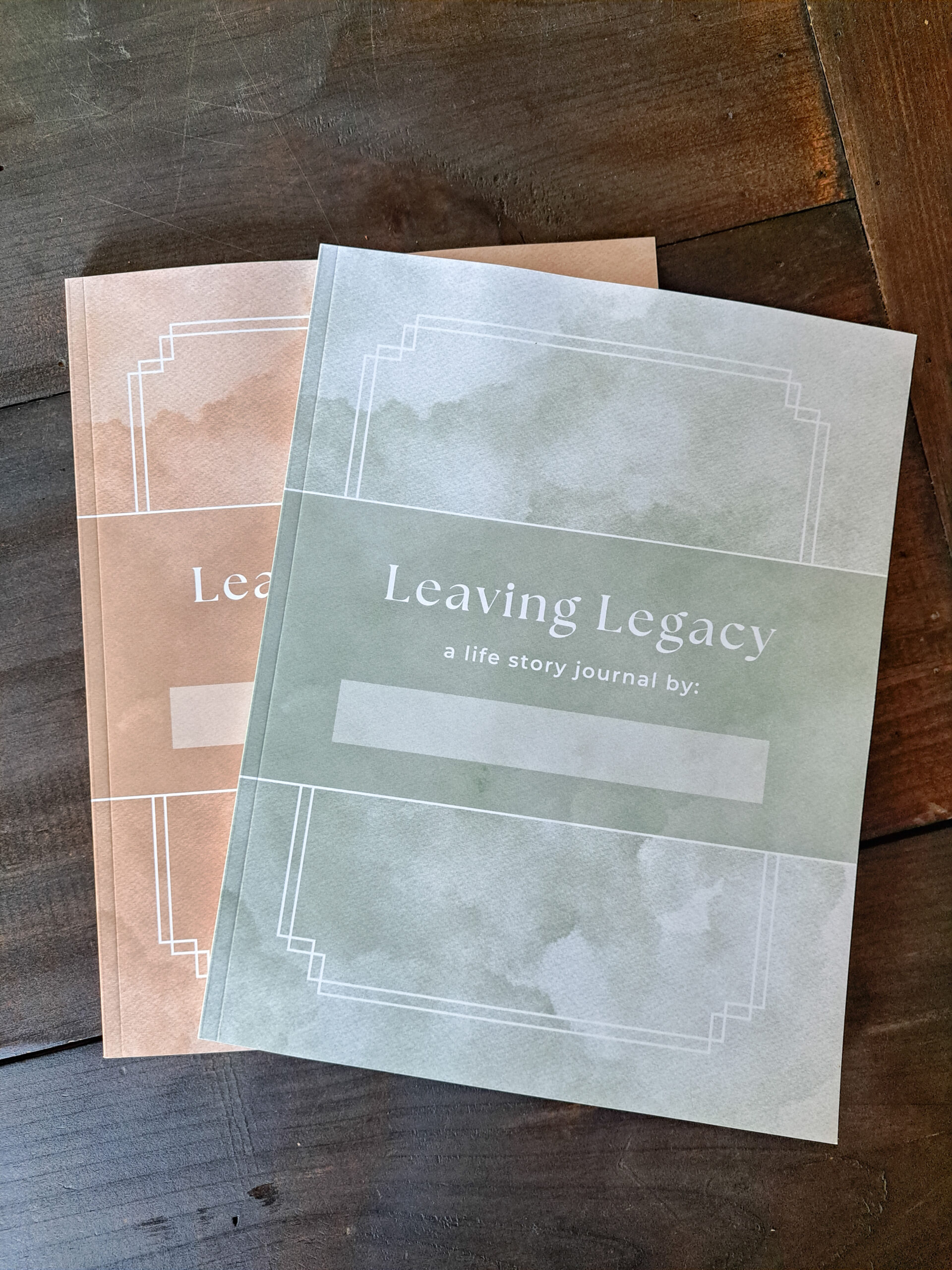LISTEN to the podcast of this blog post on Spotify:
WATCH the podcast video on YouTube:
In this series of podcast/blog episodes, I share real-life stories and experiences from my clients and people I have chatted with through a decade of working in the aging sector. Below is a summary of how each podcast/blog is outlined.
*Details of all podcast/blog stories are adjusted to ensure confidentiality of all parties.
In this episode :
- The Situation – What the client was experiencing or the circumstance they were facing.
- The Client – How the client was perceiving and responding to the situation – their mindset, emotions and result.
- The Guidance – How I helped shift their perspective to renew their mindset, emotions and result.
The Situation

Today’s story is one that I have heard multiple times, from multiple different families.
It comes down to someone’s perception of what I’ll call, ‘an imbalance’ in care responsibility among family members for an older adult.
Although there are many variations that I’ll touch on in a minute, the general situation is that within a family, care is needed for an aging parent, or sometimes both parents.
Not always, but most times, there will be one adult children (if their are multiple siblings), that takes the lead on partnering with the aging parent to navigate their care needs.
But sometimes the perception can arise among siblings or their aging parents, of an ‘imbalance’ in sharing responsibilities to care for the aging parents.
The Client

MINDSET & EMOTION
So I’ll give you a few different examples of this situation that I’ve heard:
Example A – Two sisters both live in the same town as their aging parents, but one sister is providing the majority of care to their parents. This sister providing care is continuously annoyed by the lack of ‘help’ that the other sister gives. And it creates this really sticky tension between the two of them and within the whole family because the sisters obviously have differing perspectives of how responsibilities should be shared for their parent’s care.
Example B – Between aging parents, the mother was needing family care, and her husband was coordinating care for her. But he was very stuck on the fact that their son and daughter-in-law were providing 80% of the help and care to the mother, while their daughter and their other son were providing very little. He was telling me all the ways he was trying to get the other 2 children to help and be apart of things, but to no avail.
Example C – An older adult man lived on his own and his children didn’t live in the same city as him. He actually didn’t have strong relationships with his children and it was his neighbor who had essentially become his care partner and was providing informal care and helping him around his home. And the person describing this situation to me was another neighbour that lived on their street, and she was so outraged at the fact that this man’s own children weren’t caring form him, that it was a neighbour who had stepped up to support him.
But with all of these different situations, the root of the story is the same.
Someone is believing that their is an imbalance in care responsibilities among the people in the older adult’s circle. And that person tends to feel the situation is unfair and inexcusable.
I find when I ask a few questions and dig into their perspective a little more, they actually think that the other person has a specific level of responsibility or a requirement to provide care to their parent that they’re not meeting.
I find this creates a lot of anger because they’re just continuously watching this other person fall short of what they believe is morally right or just.
RESULT
So this results in a few things:
#1 – They are creating a story in their own head, about why this person isn’t pulling their weight or managing their share of responsibilities. They create assumptions and accusations against the other person and they stew over it in their head.
#2 – They have created an expectation in their head that they believe the other person should be meeting. And a lot of times, they’ve never actually explained to the other person what the expectation is and WHY they believe the other person should be meeting it.
#3 – The unmet expectations create resentment. Every time the expectation isn’t met, it builds and builds and creates this list of ongoing wrong-doings that result in anger and disappointment.
But when you break it down like I’ve just explained, and think about this – there is a story you’ve created in your head, there is an expectation that you’ve never explained, and there is resentment –
The anger and disappointment that results, is actually being created and perpetuated by YOU.
By the stories in your head, the unmet expectations and the resentment.
YOU are creating all that anger and resentment yourself.
Because you don’t know why that other person isn’t providing the level of care responsibility that you think they should. It’s not your job to convince someone they have a certain level of responsibility to care for their parent.
One of the biggest things we have to understand is that everyone has a different capacity to care for an aging individual.
You and your sister, do not have the same capacity of care to give to your parents.
Your adult children, do not have equal capacities to care for you as their aging parent.
Jess Davis
And it is wasted energy to stew on the fact that one person is providing more care than another within a family.
You do not control another person’s ability or capacity for these things.
The Guidance

Why create your own cycle of unmet expectations, resentment and anger?
You are causing that anger and disappointment for yourself.
You have to lower your expectations to manage your future emotions, reactions, and results.
Because your anger and disappointment are the result of your own unmet expectations. Lower your expectations, and it will reduce your resulting level of anger.
Jess Davis
If you are chronically disappointed in someone else’s behaviour, it is not their behaviour causing your disappointment – it is your unmet expectation.
By lowering your expectation, it will reduce your resulting level of disappointment.
So if history says ‘they are going to do it again’…
How do you want to feel and react when it happens again?
When they don’t raise their hand to take dad to a doctor’s appointment,
When they don’t ask how they can help this week,
When they don’t call to check-in,
You CANNOT control their actions.
RENEWED MINDSET & EMOTIONS
So do you want to spin out and feel angry and disappointed and annoyed?
No one wants to feel that way, it’s a terrible headspace to be in.
I would urge you to ask yourself what purpose does your anger serve?
It throws off your whole day, your whole body, your emotional state, etc., so it’s definitely not serving you.
So how can you manage your expectations for WHEN this DOES happen again?
And maybe the question is even:
What are the expectations you have for YOURSELF?
Because maybe an expectation can’t even be put on the other person because they can’t meet it?
You have to come to accept that you cannot change the actions of another person.
But you can change how YOU expect someone to act.
How YOU expect someone to react.
You can also change how YOU will react.
RENEWED RESULT
If you can become self-aware and cognizant of these things, you will feel so much lighter.
Because when you stop letting other people’s behaviours control your emotions, YOU regain control of your emotions.
When you choose to think differently about any given situation, you will FEEL differently and you will REACT differently.
What’s that quote – ‘If you want a different result you have to try something different.’
I think we often use that quote with things that are more tangible but it applies just the same to our mindset and emotions.
If you want to think in a more positive light and feel better about things, you have to change your perspective. You have to change your mindset on things.
A REMINDER
In episode 5, I gave a statement as a tool to create calm and clear conversation which I’m going to repeat here because I think it can apply really well to this situation too.
Because again, what we really need to bring into the light in these situations is having everyone understand what the ultimate goal of care is and whether the actions and intentions are lining up with that goal.
The statement is ‘HELP ME UNDERSTAND…’
Help me understand why you aren’t volunteering to help dad with XYZ.
Help me understand why you don’t call to check-in.
Help me understand why you haven’t made meals.
I want to note that it’s often not a matter of physical capacity or calendar capacity when someone doesn’t step up.
Sometimes it’s a mental or emotional capacity that just isn’t there.
And we have to give grace and compassion around that. Experiences and realities effect everyone in different ways.
If asked correctly, this statement “HELP ME UNDERSTAND” can create calm conversation for clear communication.
So, watch the stories you are telling yourself about other peoples thoughts, intentions and actions.
You do not have control over other people.
You DO have control over your expectations and resulting emotions.

3 reminders before you go –
#1. Go check the show notes for any resources or links I mentioned in this episode that peaked your interested. (I link these directly in the blog above.)
#2. Please share this episode with a friend whom you think it would bless. Because in order for more families to benefit from my Age Planning resources, I need listeners like you to spread the word.
And #3. I would love to hear from you – email me with your thoughts on this episode, or to suggest a topic you’d like to hear on a future episode – hello@nestage.ca .
And remember, we’re all aging. Aging is the same as Living. And it is a privilege to live and to age.
Jess


